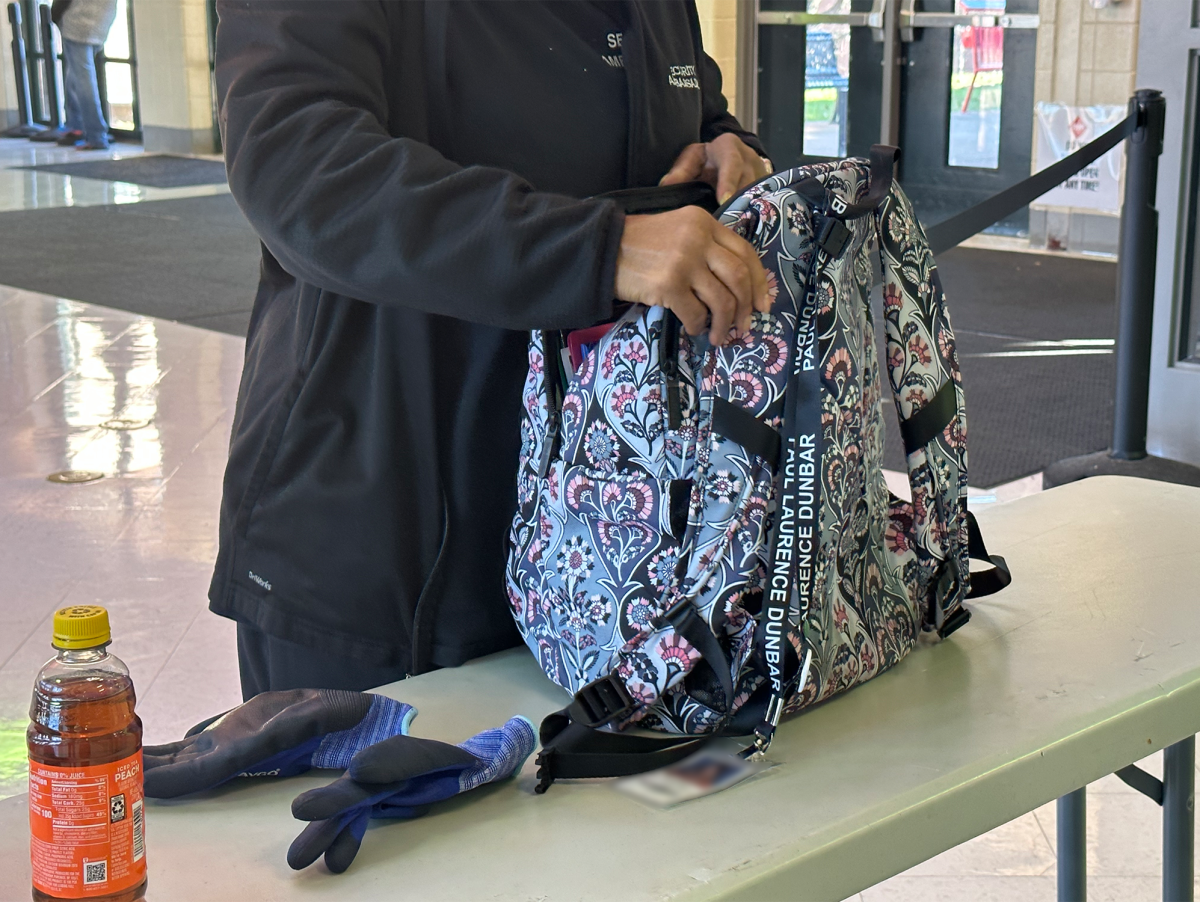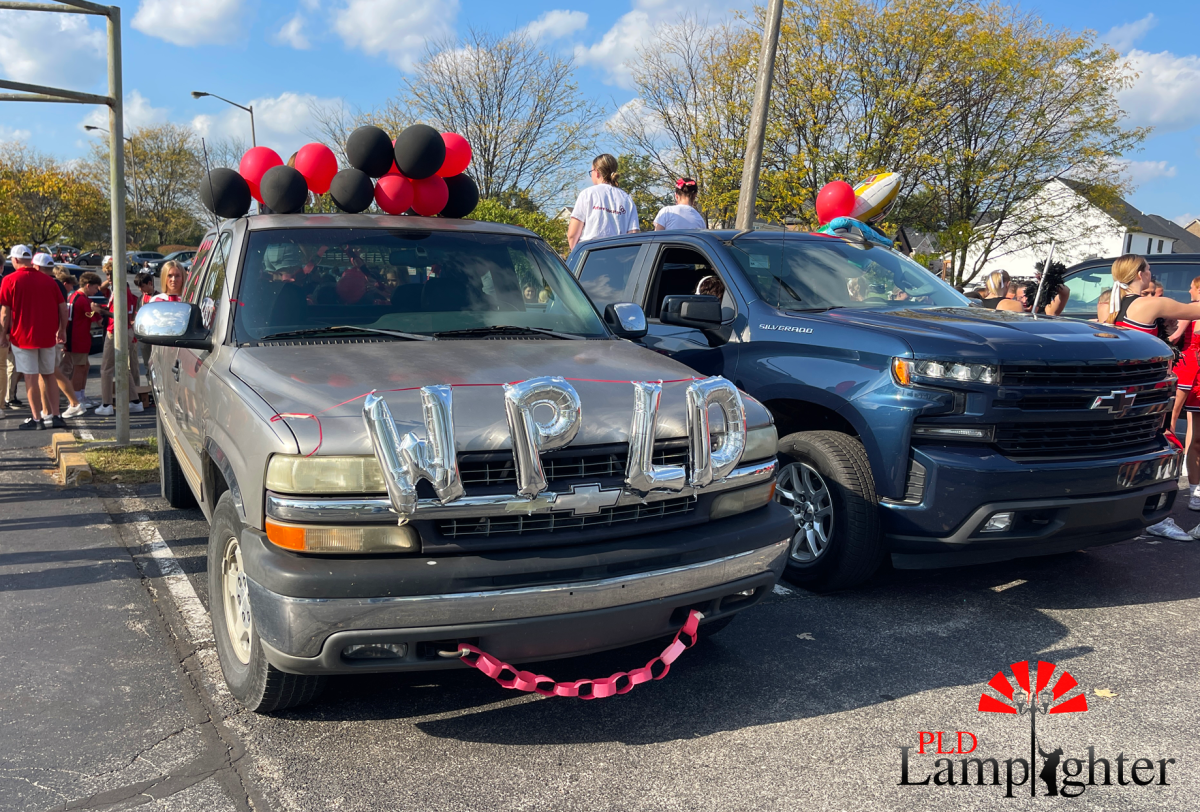Global warming and climate change are no longer concepts that the Lexington community can ignore.
While officials report that emissions levels have decreased, Adrian Bryant, Civic Information Specialist at Civic Lexington, says that this is a misconception.
Although it’s true that from 2007 to 2021, the city’s carbon emissions per resident dropped from 24.4 to 18.1 metric tons of CO2e, Bryant said that “If Lexington continues with no major changes in operations and energy initiatives, CO2e emissions will increase by 30% by 2050.”
In response to this, Fayette County, along with four other counties, has established an Environmental Protection Agency initiative to reduce its carbon footprint.
Kentucky is submitting its Priority Climate Action Plan (PCAP) for the Lexington-Fayette County MSA to the U.S. EPA on February 29, 2024.
A Comprehensive Climate Action Plan (CCAP) will be released in 2025, outlining sustainable economic development strategies.
A status report on both plans will be published in 2027.
In the meantime, local communities have started making small changes to support the cause.
One of the newest initiatives is Lexington’s Adopt-A-Park program, a partnership with Leadership Lexington Class of 2024.
This program allows businesses and organizations to “adopt” a park, hosting cleanups, maintenance, play-access projects, and beautification efforts to help both the community and the planet.
Coal extraction is a major contributor to Kentucky’s carbon emissions, accounting for about 14% of the state’s total emissions.
While extraction has been regulated, its environmental impacts persist.
One simple solution to reduce emissions is recycling.
By recycling, we decrease the need for virgin materials like coal, petroleum, and plastics, cutting down on the energy used in production.
Students at Dunbar have formed a Recycling Club to do their part.
They have placed recycling bins in all classrooms to collect paper, plastic, glass, and cardboard—materials that would otherwise be thrown away and contribute to emissions.
Club members empty the bins every other week, ensuring the materials are properly recycled.
Junior Neha Palla, a Recycling Club member, said, “I feel a sense of purpose when I help at the recycling club as I too can give back to my community.”
I know how important recycling is to the environment and my community,” Junior and club member Kara Brown said.
These students are not just servicing their school but are also setting an example for others. Whether it’s recycling, walking instead of driving, or reducing food waste, every action counts.
They remind students that they can make a difference, whether big or small.


















